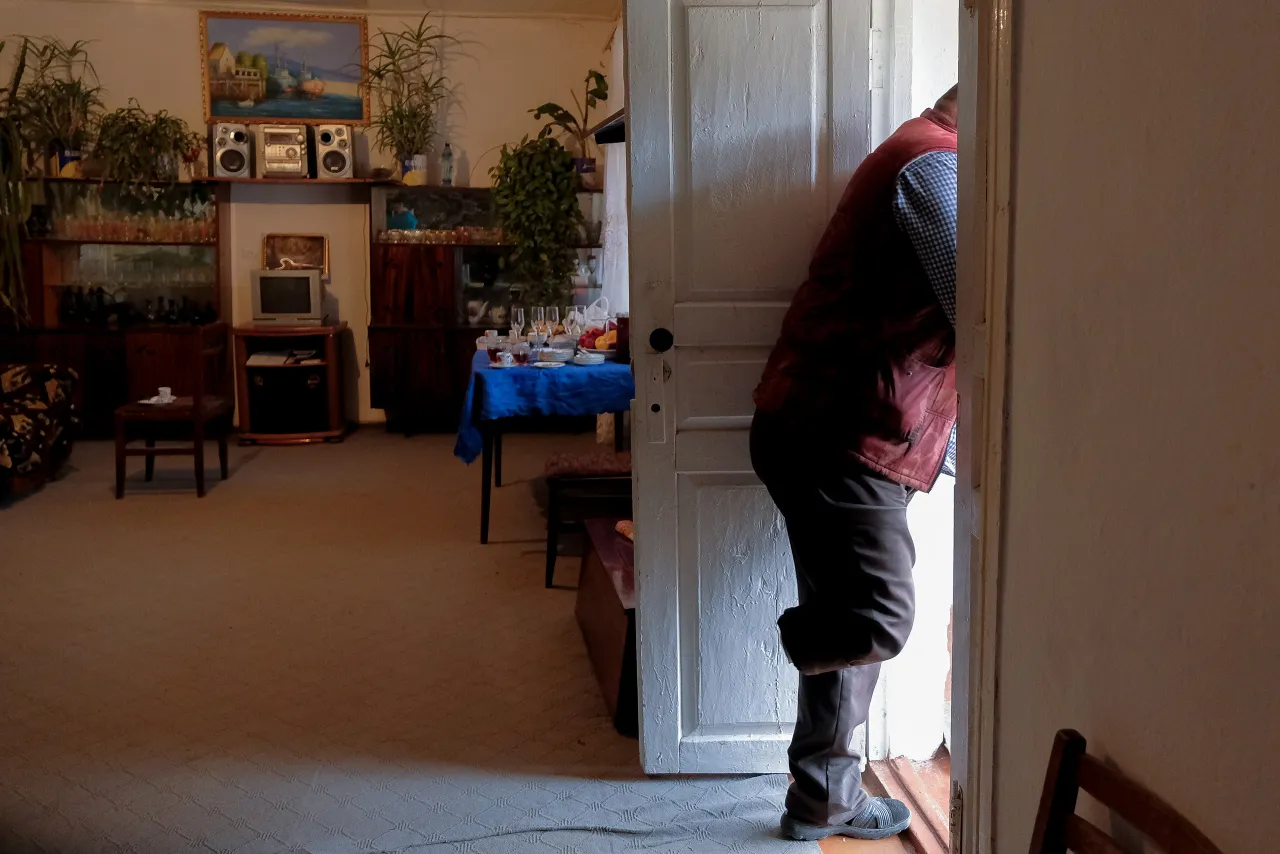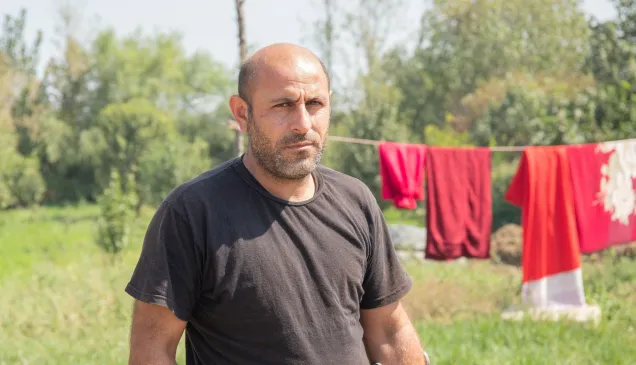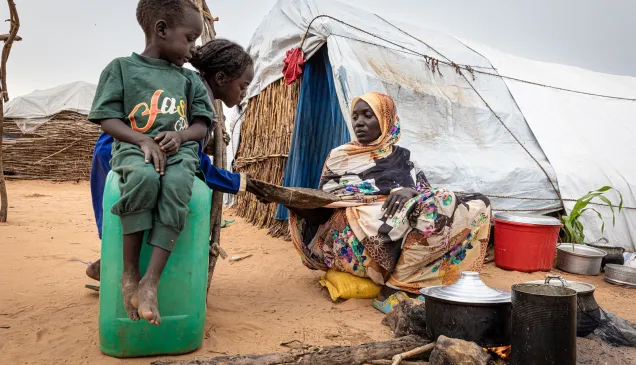Nagorno-Karabakh conflict: Landmines, a disturbing reminder of war
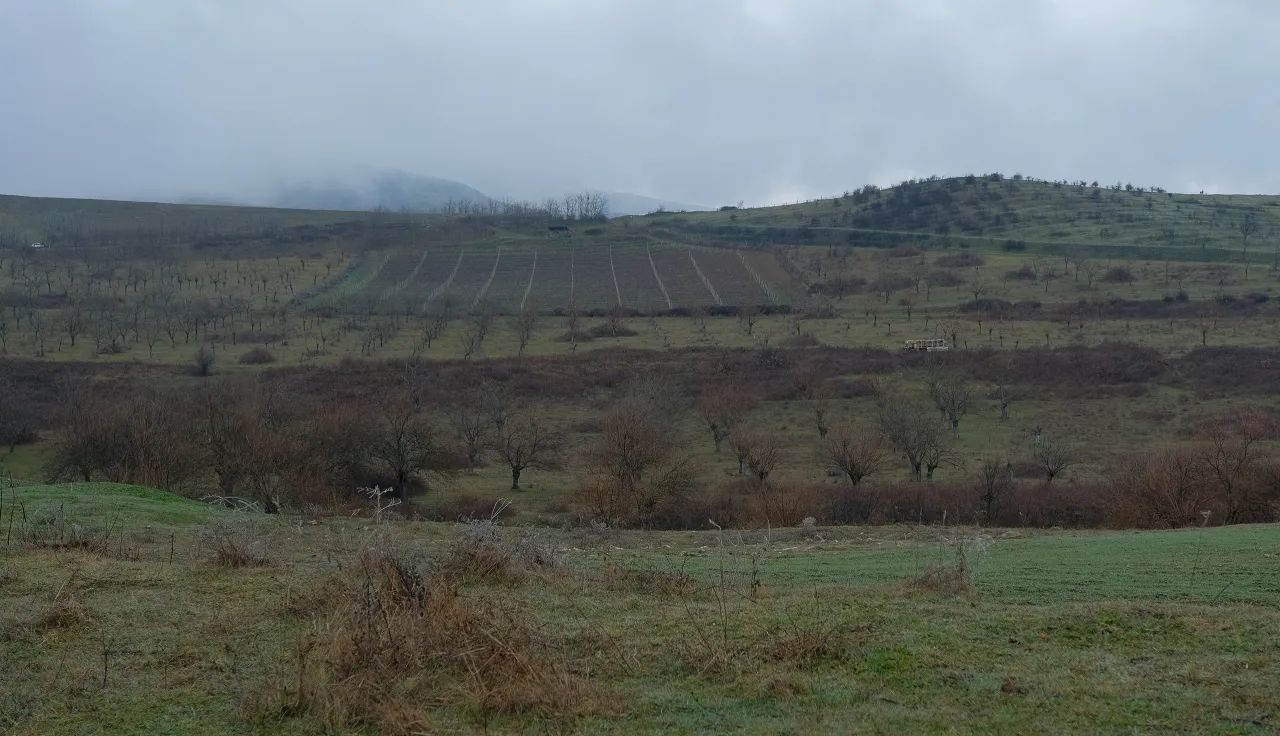
It has been 25 years since the Nagorno-Karabakh conflict first disrupted the lives of the people living in the region. The years may have sped by, but the people continue to be haunted by the ghosts of the time gone past. The most traumatic of those reminders are the landmines which continue to lay buried and undiscovered beneath the rural arable lands in the area.
Landmines are indiscriminate. They do not choose if the victim is from the military or a civilian. The ICRC mission in Nagorno-Karabakh has registered 747 cases of landmine victims, of which 59% are civilians. With a population of about 140,000, this number is striking given that most of the landmine survivors now live with some form of a permanent physical disability. The bitter reality is that these unfortunate people need life-long physical rehabilitation and care is hard to come by.
Despite all odds, many people still manage to find courage to get back on their feet and aspire for a better future. Robert Sarkisyan is one of these brave souls.
Robert was a 36-year-old officer serving in the military, when he stepped on a landmine, while attempting to save a friend's life. The friend did not survive, and Robert lost him alongwith the use of his left leg.
Struggling through the gloom of despair, Robert improved his health and found hope in support provided at a physical rehabilitation centre. Combined with his extraordinary willpower, Robert attained independence in just six months. What had started as hesitant steps soon turned into walking without an aide. The process, however, was challenging.
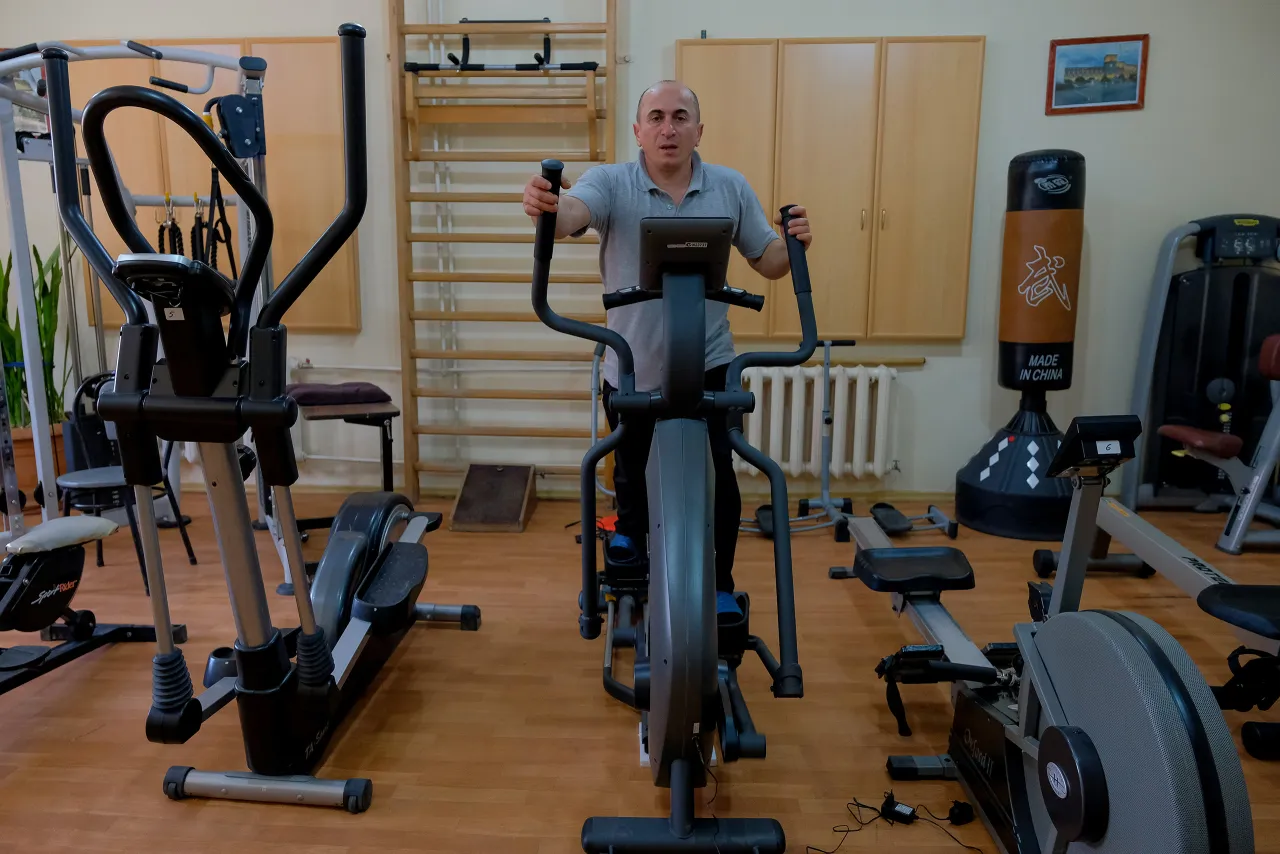
As part of his ongoing therapy, Robert exercises in the gym, rides a bike and swims in the pool. Swimming is his favorite form of physical activity, reminisce of his past life as a navy officer.
One should never give up. Staying alive is the most important. All the rest is easy.
Some injuries can never truly be healed. Armen Avetisyan is a young and strong man, but a landmine blast left him without the use of his lower limbs. During the Nagorno-Karabakh conflict in the 1990s, he was a commander of a demining platoon.
Known for his careful disposition, and for being a stickler for details, he quickly gained the reputation of a person who was never mistaken. He said he was able to find and neutralize 60 landmines on an average per night.
A deminer can fail only once. I could be dead a long time ago. Even now I don't know how I was able to do the job. It's like catching a snake: you never know whether it will bite or not.
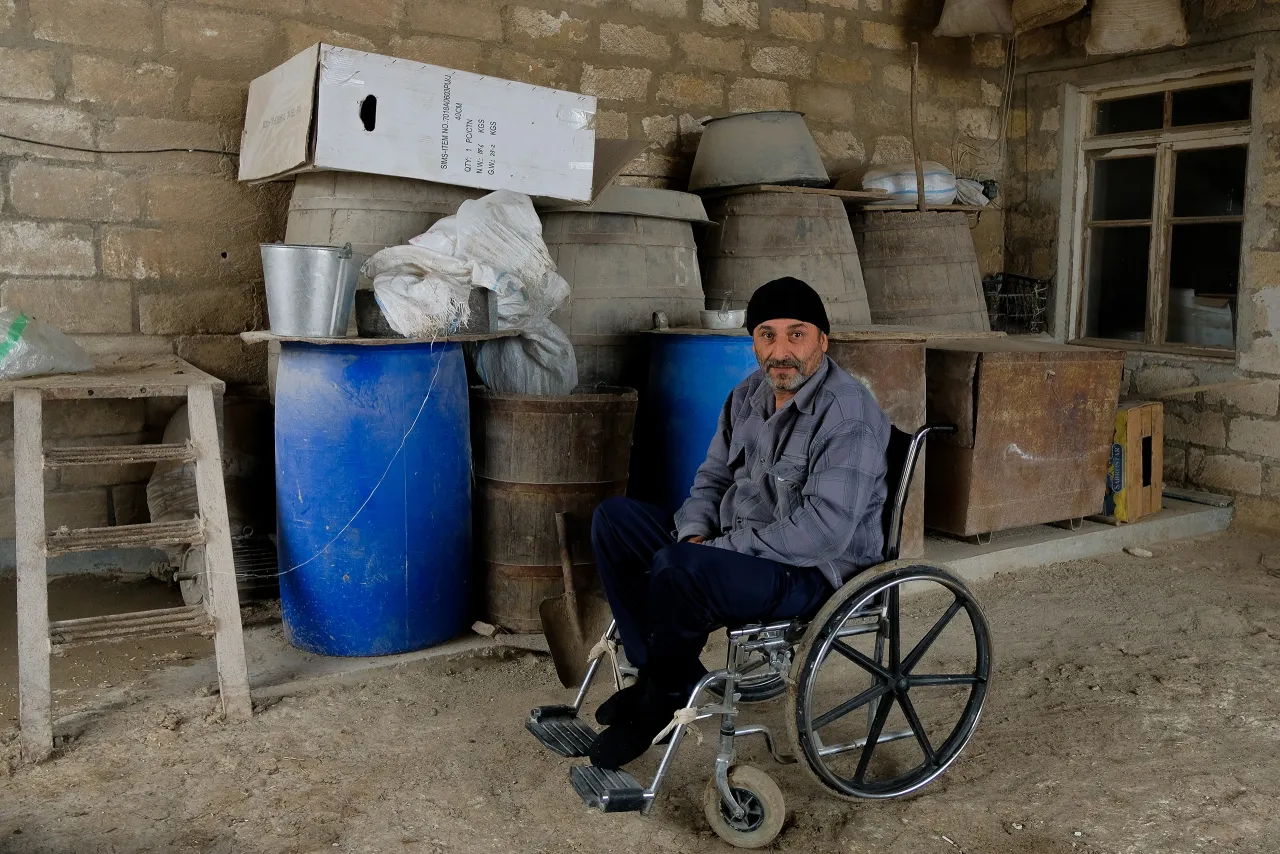
Ironically, in 1995, Armen's car exploded in a landmine incident leaving him with major spinal cord injuries. After losing his house in a landslide and spending all his money on treatment, he approached the ICRC for a loan to set up a small income-generating activity.
He bought a cattle feed grinding machine, adjusted it to his wheelchair and started offering the service to the villagers. Thanks to his work and family – especially his two-year-old daughter – the daily hardship seems manageable to him.
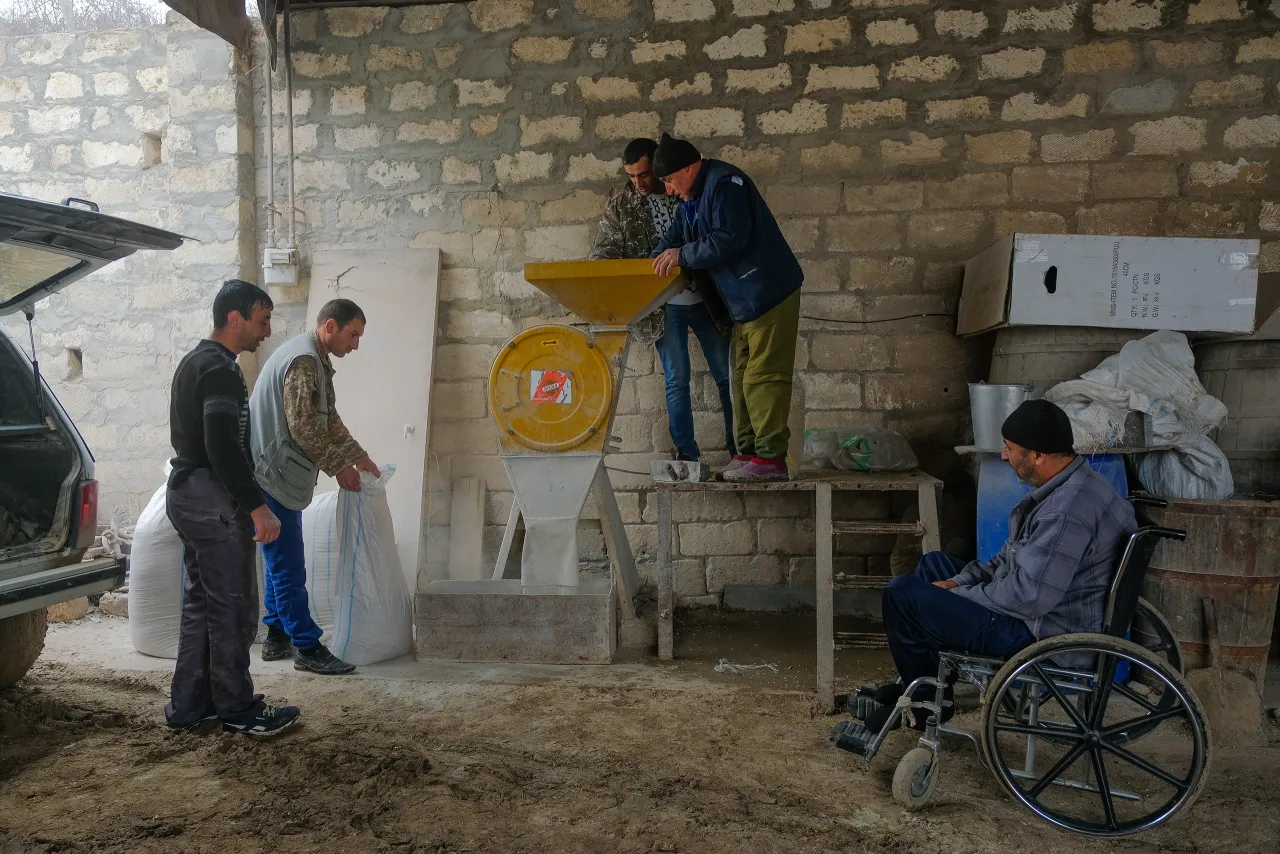
Out of the total number of landmine victims registered by the ICRC mission in Nagorno-Karabakh, 523 are still the main breadwinners of their families, while 316 became pensioners after the incidents. Gnel Ghulyan's case proves that losing two limbs can't stop one from aspiring to live an active life. To earn a livelihood and provide for his four kids, he had to start from scratch.
Growing vegetables, caring for a big garden, travelling across cities for trading – these are a few activities that kept Gnel's persistence alive. While still 22 years old, his individual potential as a young man was hindered from developing by the conflict in the 1990s. He decided that this was not going to be the case with his four children. Together with his wife, they devoted most of their lives to ensuring quality education for their children.
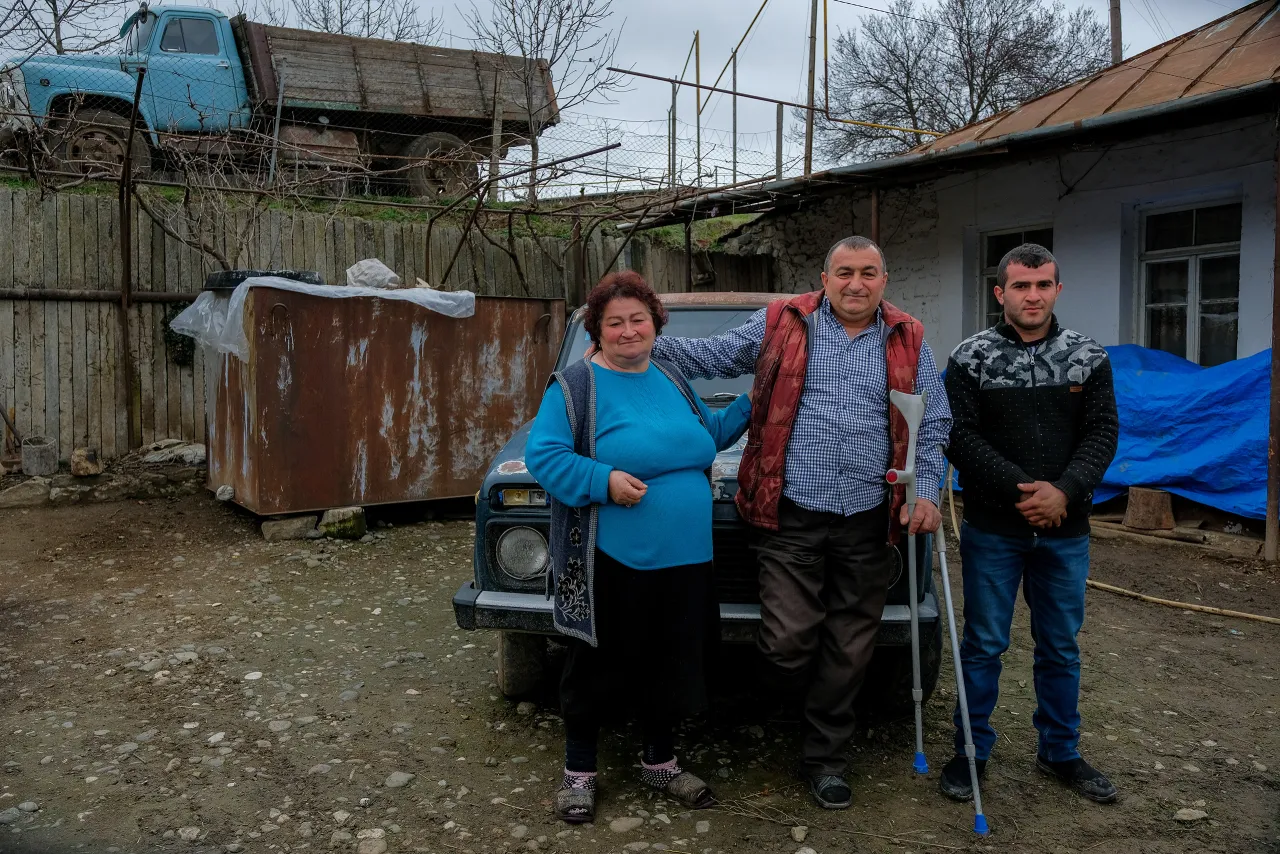
Now it is time for Gnel to pay attention to himself and get a more advanced prosthesis. Getting a new artificial limb for him means having a chance to go outside, meet people and regain confidence.
I often move my wheelchair to the main road and spend hours staring at cars passing by. It's nerve-wrecking not to be able to do anything. I can't talk to the villagers, work in our garden or help my wife. It's not easy.
Landmine blasts affect everyone - men and women, young and old, civilians and military personnel.
Five years ago, Gayane Abalyan's husband died in an anti-tank landmine explosion while grazing cows. He was aware of the existence of the explosive remnants of war – landmines – in the area, yet he somehow got used to risking his life for the sake of earning a living for his family.
Incidents like these are among the top reasons for civilian casualties, along with the negligent behavior displayed during farming and travelling. The sad reality is that that more people have suffered from landmine explosions in the aftermath of the conflict than during it.
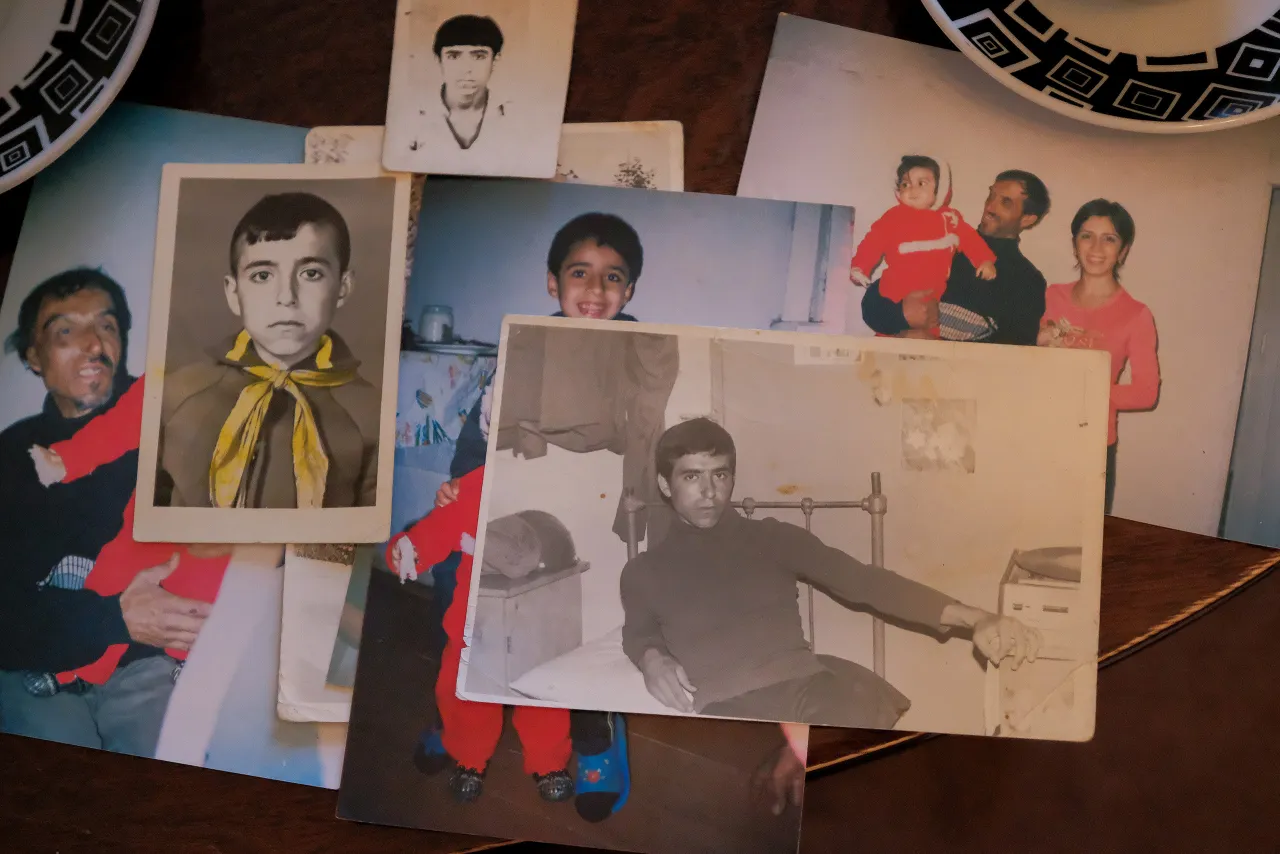
Gayane's life completely changed after she lost her husband. She became the family's sole breadwinner, moving to a town where she worked two jobs. She was barely making enough to take care of her daughter's education.
To supplement her monthly income, the ICRC supported her daughter Anna in buying a sewing machine – an essential equipment for her studies in textile design. They are hopeful that this investment will contribute to building a better future for the family.
Gayane's husband is not the only one in the family who suffered due to a landmine explosion. The conflict was coming to an end when Ishkhan Movsisyan, her then 20-year-old brother, dropped an unknown object sustaining fragment injuries in his hand and chest, and an eye trauma.
If not for the explosion, Ishkhan believes his life would have taken another turn. He had to learn how to navigate his new life from scratch.
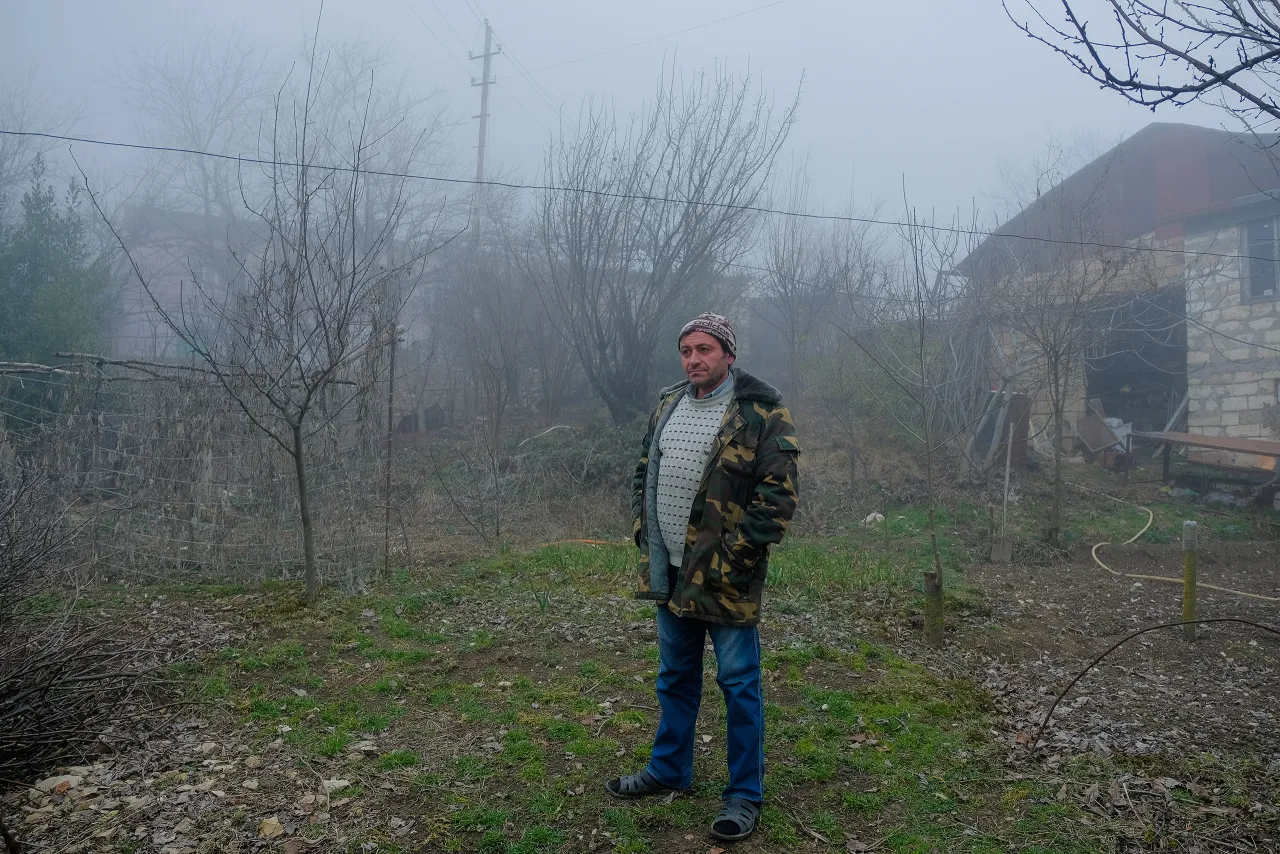
From building a greenhouse to working at a school and then in a gas company, he became known in the village as someone who had a hand in everything, earning himself the name Master Ishkhan.
It's not easy to earn a living in a small village and, given his limitations, Movsisyan became more creative as the years went by. Now he is a welder and produces homemade wood stoves.
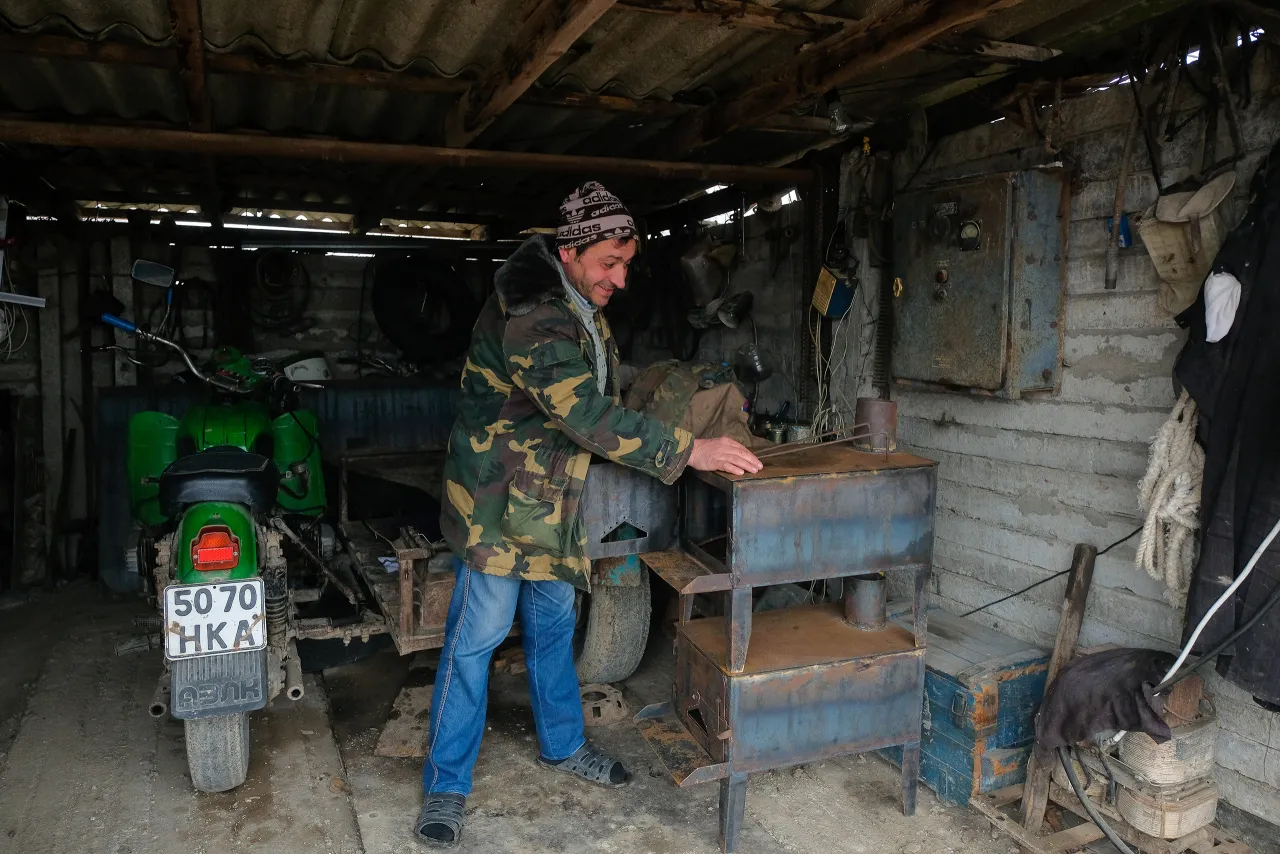
These people have made significant progress in overcoming physical, psychological and socio-economic challenges. However, the problem of unexploded ordnances persists. This poses a daily threat to people, hampering their agricultural work, movement and development, even decades after the conflict.
